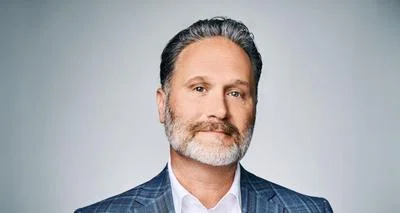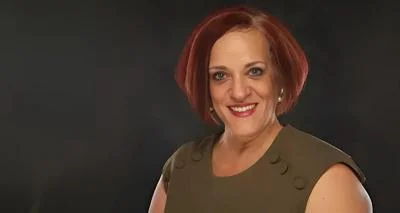American Family Children's Hospital issued the following announcement on Dec. 16
Given the rise in COVID-19 cases and the continued strain to the health systems across the state and country, UW Health is sharing voices from the intensive care unit (ICU) at University Hospital.
These are the healthcare heroes who have been taking care of our sickest patients since before the pandemic, and many of them have been caring for mostly COVID-19 patients for almost two years.
Dr. Jon Ketzler, associate professor of anesthesiology at the UW School of Medicine and Public Health, and anesthesiologist, UW Health, has been a critical care physician at UW Health since 1992 and treating COVID-19 cases has been the most difficult time in his career, he said.
“When a COVID-19 patient hits the ICU, they deteriorate so quickly and it is months before they leave the ICU, if they leave at all,” Ketzler said. “They are horribly debilitated from months of being hooked up to tubes and breathing machines and all the damage to their lungs from the disease.”
All the COVID-19 patients Ketzler currently cares for in the ICU are not vaccinated and half are younger than 40 years old, he said.
“The last 20 some months have been horrible; it was August 2021 before I could talk about August 2020 without tearing up,” he said. “We have a way out and that’s for people to get vaccinated. The vaccine has been well studied and proven to prevent severe illness, hospitalization and death.”
The ICU is the last resort for most COVID-19 patients, according to Danielle Zitlow, a nurse in the Trauma Life Support Center (TLC) at UW Health, which is a part of the ICU.
“We are exhausted, and we are going backwards now,” she said. “The amount of resources it takes to care for this many COVID-19 patients is unsustainable, and that is what is scariest about this wave.”
Upon arrival to the ICU, COVID-19 patients are often quickly intubated, which means they need a machine to help them breathe, and they are usually unconscious. So, when they arrive nurses usually help patients talk to their families for what could be the last time, according to Zitlow, who estimates that more than half of her ICU patients are in the hospital for COVID-19.
“Nursing is a calling, and we chose this profession for a reason, but these days can be really hard,” she said. “It is heartbreaking because it is preventable with a vaccine.”
University Hospital is level one trauma center, so it sees the sickest patients and is a referral center for other hospitals that need help with high volume of patients, or their patients need a higher level of care.
“I’ve had COVID patients here for four months or longer,” Zitlow said. “This is not only incredibly hard for that patient, but it is hard on our health system and on the broader patient population that needs us.”
Testing and treatments have improved, and staff are grateful for a vaccine, but frontline workers are still struggling, according to Lisa Davis, who has been a TLC nurse at UW Health for almost 30 years and helped treat the first COVID-19 patient in Wisconsin.
“The word 'hero' was used a lot at the beginning and it energized staff, but now we are tired, exhausted and frustrated because this is preventable with a vaccine, yet we are still here treating COVID-19 patients,” she said. “If you know someone who treats COVID-19 patients, reach out to offer support and see how they are doing. We beg the public to get vaccinated if you have not done so already.”
Original source can be found here.






 Alerts Sign-up
Alerts Sign-up